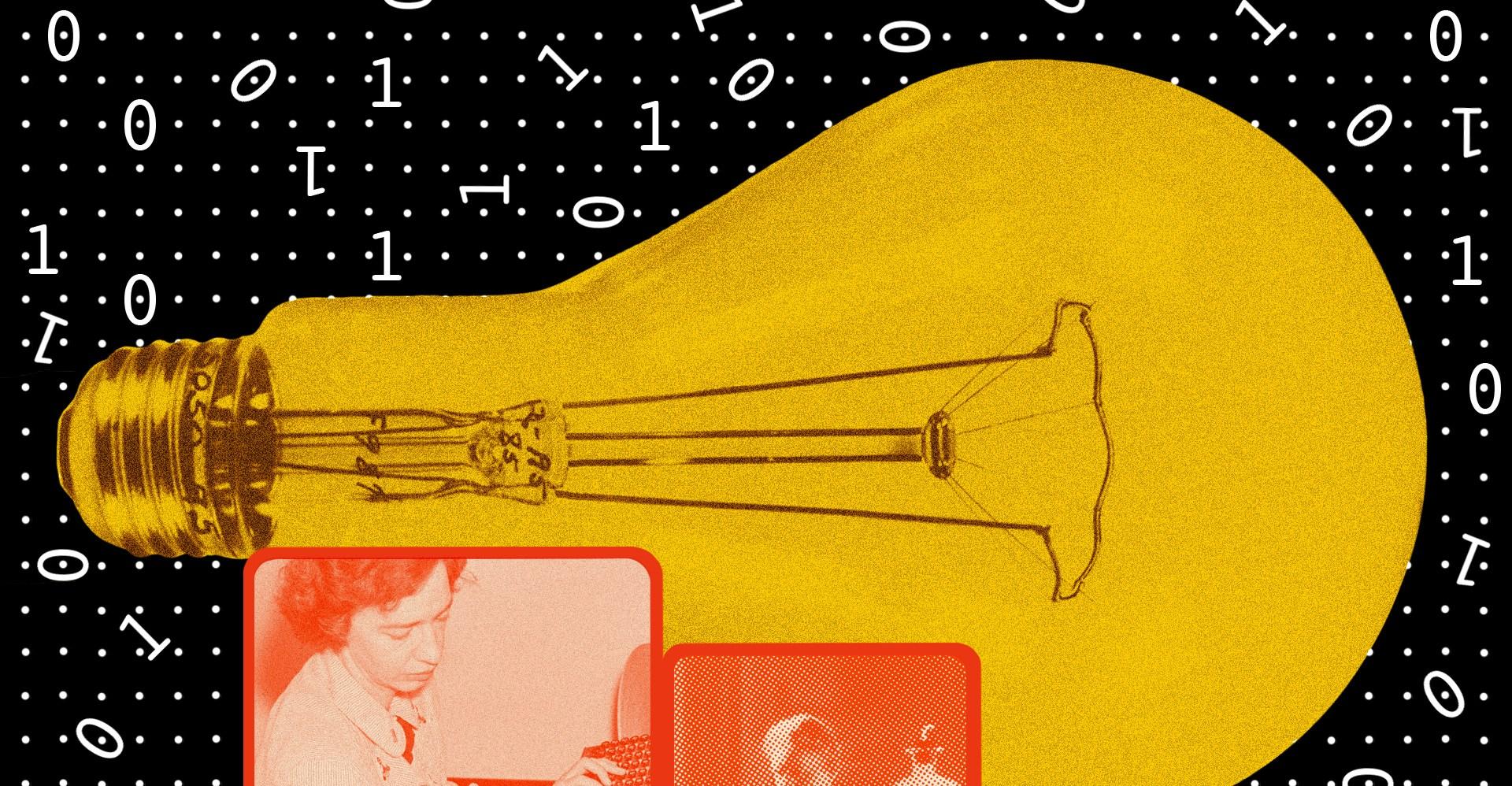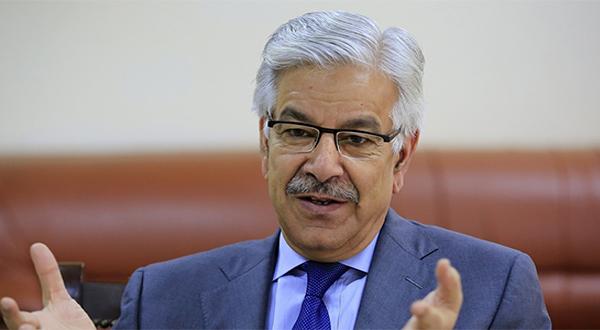Masoud Pezeshkian, the reformist president-elect of Iran, clocked a narrow win over a hard-line candidate in the Islamic Republic’s election Sunday. But given the long-term priorities of the clerics who are the ultimate source of power in Iran, Pezeshkian wil…

Published a year ago on Jul 12th 2024, 12:00 pm
By Web Desk

Masoud Pezeshkian, the reformist president-elect of Iran, clocked a narrow win over a hard-line candidate in the Islamic Republic’s election Sunday. But given the long-term priorities of the clerics who are the ultimate source of power in Iran, Pezeshkian will only be able to make limited changes, in certain areas — and any reforms he does successfully make are not guaranteed to last beyond his tenure. Pezeshkian’s victory reveals a few things about both the regime under Supreme Leader Ayatollah Ali Khamenei and the mood of ordinary Iranians. The mere fact of his being able to run — presidential candidates are decided by a group of clerics called the Guardian Council — indicates that Khamenei and his allies, who oversee most of Iran’s government, understand that people are dissatisfied with the status quo, especially following a brutal crackdown on protests and the Woman, Life, Freedom movement in 2022. Still, there is a strong element in Iran’s electorate opposed to reforms, as evidenced by the fact that Pezeshkian’s competitor, former nuclear negotiator Saeed Jalili, is a hardliner — and the final margin between the two of them was quite thin. Though it’s important to note the results with a certain level of skepticism given Iranian leadership’s frequent dishonesty, the regime threw its resources behind Jalili and clearly wanted him to win. And the fact that nearly half the electorate voted for Jalili shows a high level of polarization. Complicating any effort to draw conclusions from turnout is the fact that there was widespread abstention, either because of a vote boycott organized by activists including those from the Woman, Life, Freedom movement or simply due to voter apathy. But of the nearly 50 percent of eligible voters who did cast a ballot, the majority voted for someone who at least promised limited change, increased transparency, and a willingness to resist factionalization and try to improve people’s lives. “Part of the precedent we’ve seen before is that whenever a reformist — an actual reformer — does run, they win,” Negar Mortazavi, a senior fellow at the Center for International Policy, told Vox. “In a way, it was a surprise that he was allowed to run. But I wasn’t surprised that he won — even from the beginning, polls showed that he was ahead. So this still shows that … the majority of whoever voted, believes in reform and is unhappy.” Reforms are possible under Pezeshkian, but only in a limited way Though Iran has a new president, Supreme Leader Khamenei and the Guardian Council are the ultimate decision-makers, particularly when it comes to foreign relations. Pezeshkian will be able to make limited changes within the domestic realm, but still must work within the framework of Iran’s theocratic system. “The president has ambitions and he’s made them clear, within the social realm, economic realm, and potentially regarding Iran’s foreign relationships,” according to Sanam Vakil of the British think tank Chatham House. “But what the president has to do to be successful is to build consensus across the Iranian political spectrum, working through and with Iranian institutions that are conservatively dominated. So as of right now, without that consensus, and without that support from within, he is not going to have too much room for maneuver.” It’s not clear Pezeshkian will be able to build that consensus. His campaign had very little institutional support, and while he has expressed a commitment to working across factions, there are yet to be real signals of buy-in from conservatives. Pezeshkian may come from the reformist wing of the parliament, but he is committed to the Islamic Republic and to working with and within the regime. “He really is a borderline reformer, not a militant or ideological reformist,” Ali Vaez, director of the Iran program at the International Crisis Group, said. “That’s why he’s lasted so long in the system.” That said, there are some spaces where Pezeshkian can make changes — primarily in a social capacity, like easing the hijab laws that triggered massive, violent protests in 2022. The months of protests that followed were in response to Mahsa Amini’s death, but they also reflected people’s anger about oppressive conditions under Peshkezian’s hard-line predecessor, the cleric Ebrahim Raisi, who died in a helicopter crash in May. Anger about ethnic inequality, restrictions on women’s behavior, and ultimately miserable economic conditions brought on by a combination of harsh sanctions, bureaucratic mismanagement, and government corruption erupted following Amini’s death. During the campaign, Pezeshkian condemned Amini’s death in custody and the following crackdown on the protest movement, which left many dead and thousands in prison. Softening the hijab rules could bring about “a difference in the enforcement as far as the level of violence and harassment,” Mortazavi said. That has precedent; when politicians from the reformist faction (faction rather than party — there are no political parties in Iran) come into office, there has been less strict enforcement of such laws. “This is not just something where we’re guessing or predicting, this is something we’ve seen before under [Hassan] Rouhani,” Mortazavi said. Rouhani was the reformist president who helped negotiate the Joint Comprehensive Plan of Action (JCPOA), also known as the Iran nuclear deal, in 2015. Pezeshkian also could do more to serve ethnic minorities like the Kurdish population, Arabs, Balochs, and Azeris. Pezeshkian himself is Kurdish and Azeri and comes from Azerbaijan province, which has a large minority population and is one of the provinces that has long suffered from underinvestment and from harsh crackdowns on protests there. The economy — a serious problem for voters of nearly every background and political disposition — may also be a space where Pezeshkian can move the needle and help improve people’s lives. But his capacity will be limited because Iran’s economic misery is due to three intertwined factors: heavy sanctions by the US; immense corruption and profiteering from those sanctions, especially among elements of the Islamic Revolutionary Guard Corps; and mismanagement. Like Rouhani, Pezeshkian could try to “come up with more mini agreements with Washington to provide some further sanctions relief or allow for increased oil sales,” Vakil said. Pezeshkian could try to reduce inflation, which is currently at about 50 percent, as well as introduce policies to try and get Iran off international anti-money laundering group the Financial Action Task Force’s blacklist, which would help open up trade with China in particular. “These minimal differences do matter to people,” Vaez said, because it gives them “the ability to have a relatively normal life.” In Iran, some things are non-negotiable — so there’s a lot Pezeshkian simply can’t do Pezeshkian has been quite clear while campaigning about what he can and cannot accomplish — for instance, he has very little influence with the judiciary, so he likely can do little to improve the conditions of political prisoners. And while Pezeshkian has also expressed a desire to be more open to the West in particular, “he is not proposing to have a big grand bargain with the US or the West,” Vakil said. There are roadblocks to such engagement, too — primarily the US’s unwillingness to do so. Though easing sanctions through new nuclear commitments would benefit Iran’s economy, “there will be very serious pushback” on efforts to do so from the so-called “merchants of sanctions” — officials and their intimates who benefit from, for instance, selling black-market goods, according to Vaez. Pezeshkian, whose clean record is likely part of his appeal to voters exhausted by political malfeasance, has also approached the idea of cutting down on corruption, but that, too, will have limited reach. “Pursuing a really deep and meaningful anti-corruption campaign would be useful, but that’s going to be impossible,” Vakil said. Instead, more transparency around contracts and decision-making is likely to be the extent of Pezeshkian’s reform. In terms of regional dynamics, very little is likely to change; he has encouraged continued dialogue with Saudi Arabia, following the former enemies’ detente in 2023. And some reporting suggests that Pezeshkian and Hezbollah leader Hassan Nasrallah have assured each other of their ongoing support. “The Islamic Republic has always supported the resistance of the people of the region against the illegitimate Zionist regime,” Pezeshkian reportedly wrote to Nasrallah. Pezeshkian has little control over the powerful Islamic Revolutionary Guard Corps, so even if he hoped to significantly change regional dynamics, it would be impossible. Ultimately, the new president isn’t going to radically change Iran any time soon. Pezeshkian will fundamentally change little in the long term, although he may improve the lives of ordinary Iranians in the short term.
FIFA hails 5M WC ticket requests amid backlash
- 13 hours ago
Bondi gunman’s Indian family had no knowledge of his radicalisation, Indian police say
- 24 minutes ago
Sabalenka named WTA Player of the Year for second straight season
- 8 minutes ago
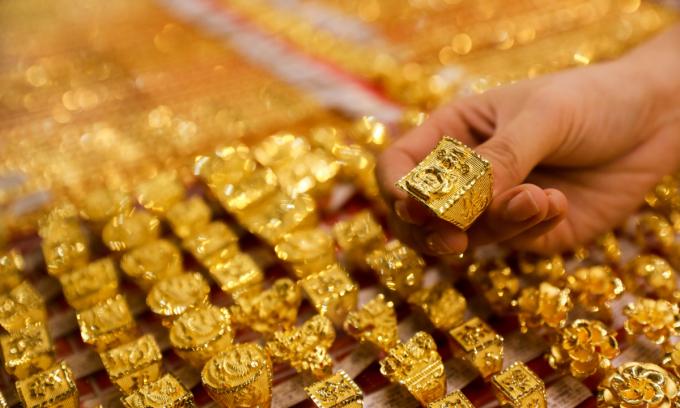
Gold prices dip per tola in Pakistan, global markets
- 16 minutes ago
Former Punjab CM Manzoor Wattoo passes away at 86
- 29 minutes ago
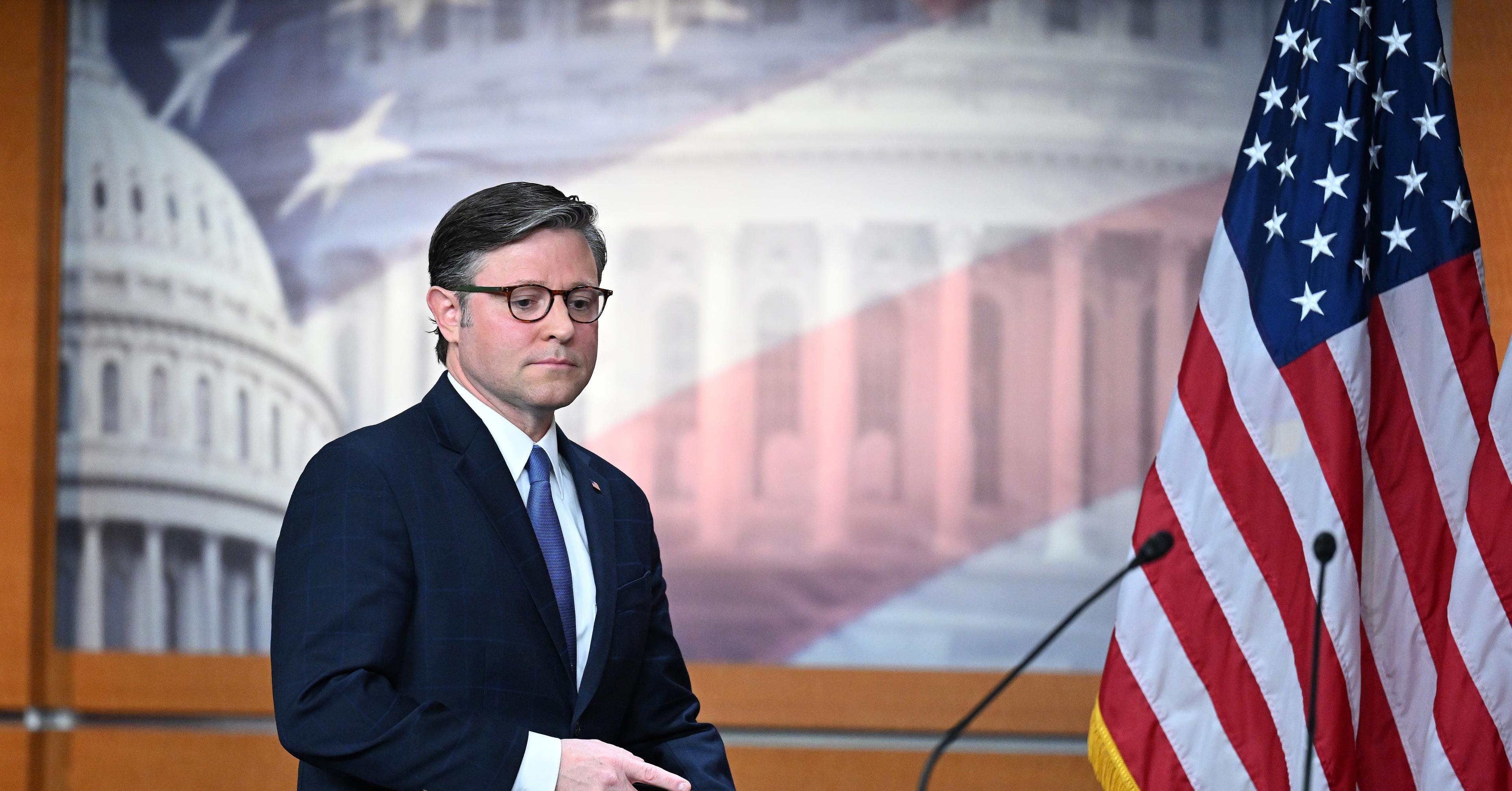
Why Republicans in Congress are turning against Trump
- 12 hours ago
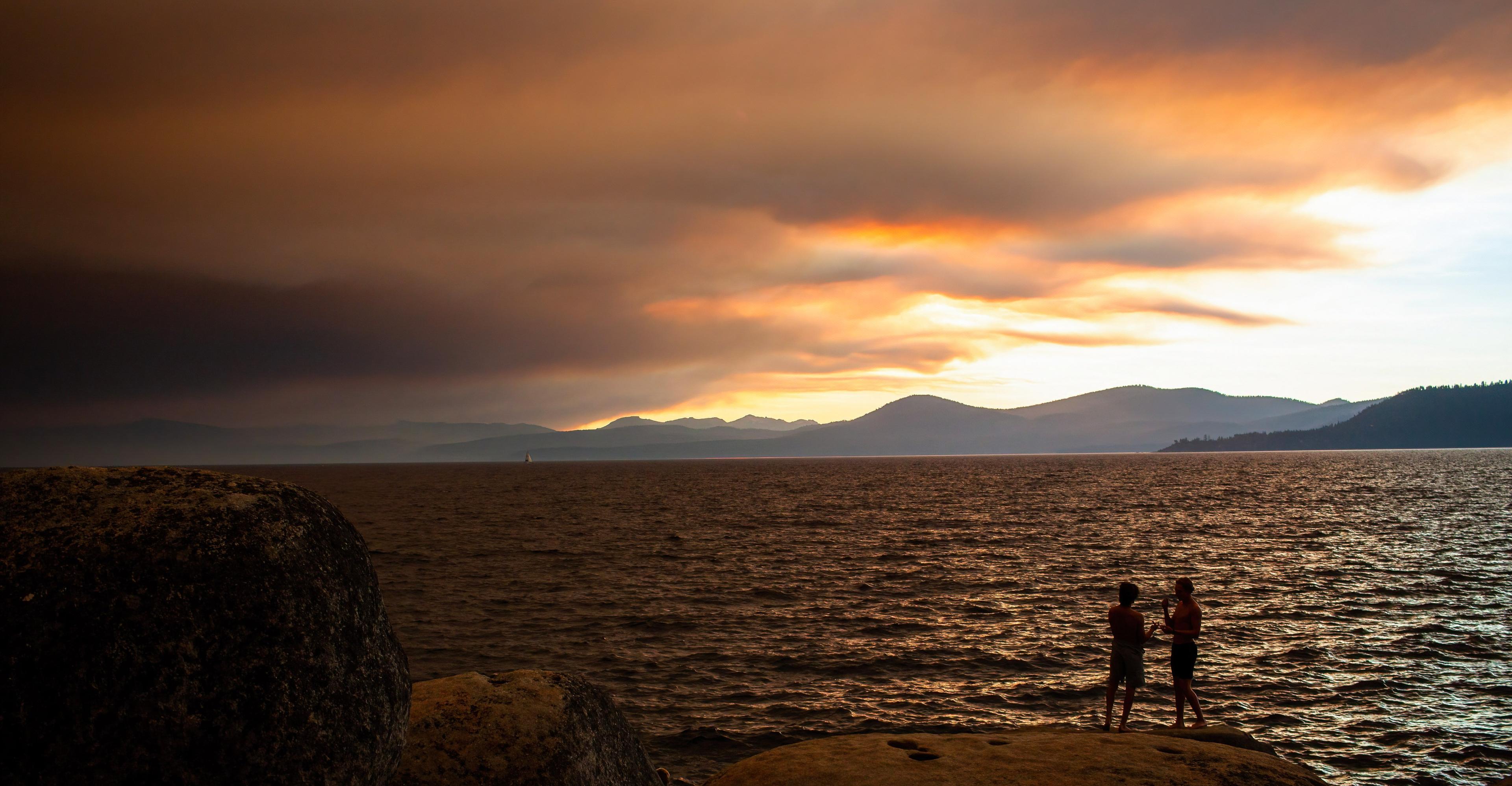
Zillow’s short-sighted move to overlook climate risk
- 3 hours ago
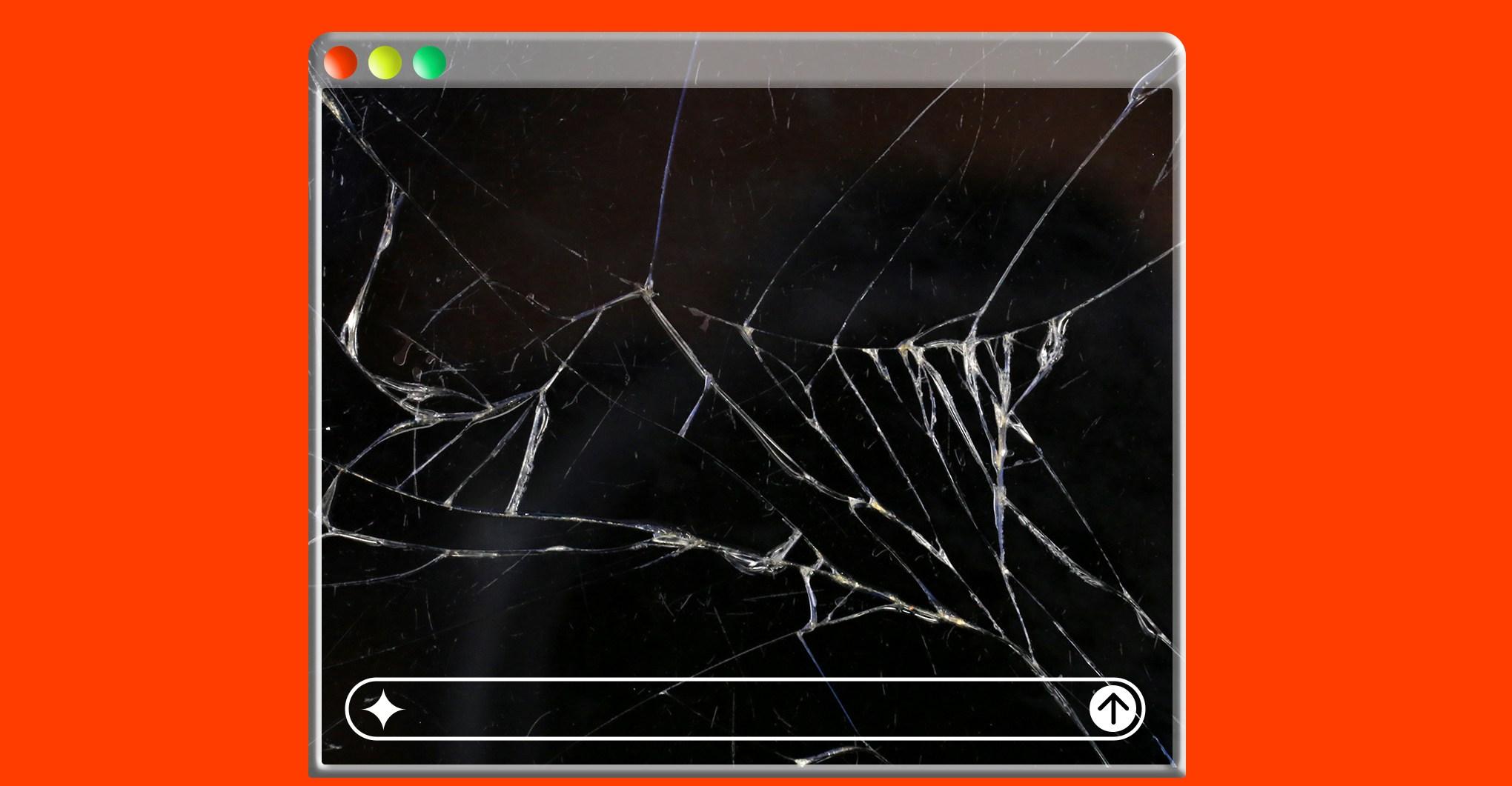
Chatbots are struggling with suicide hotline numbers
- 14 hours ago
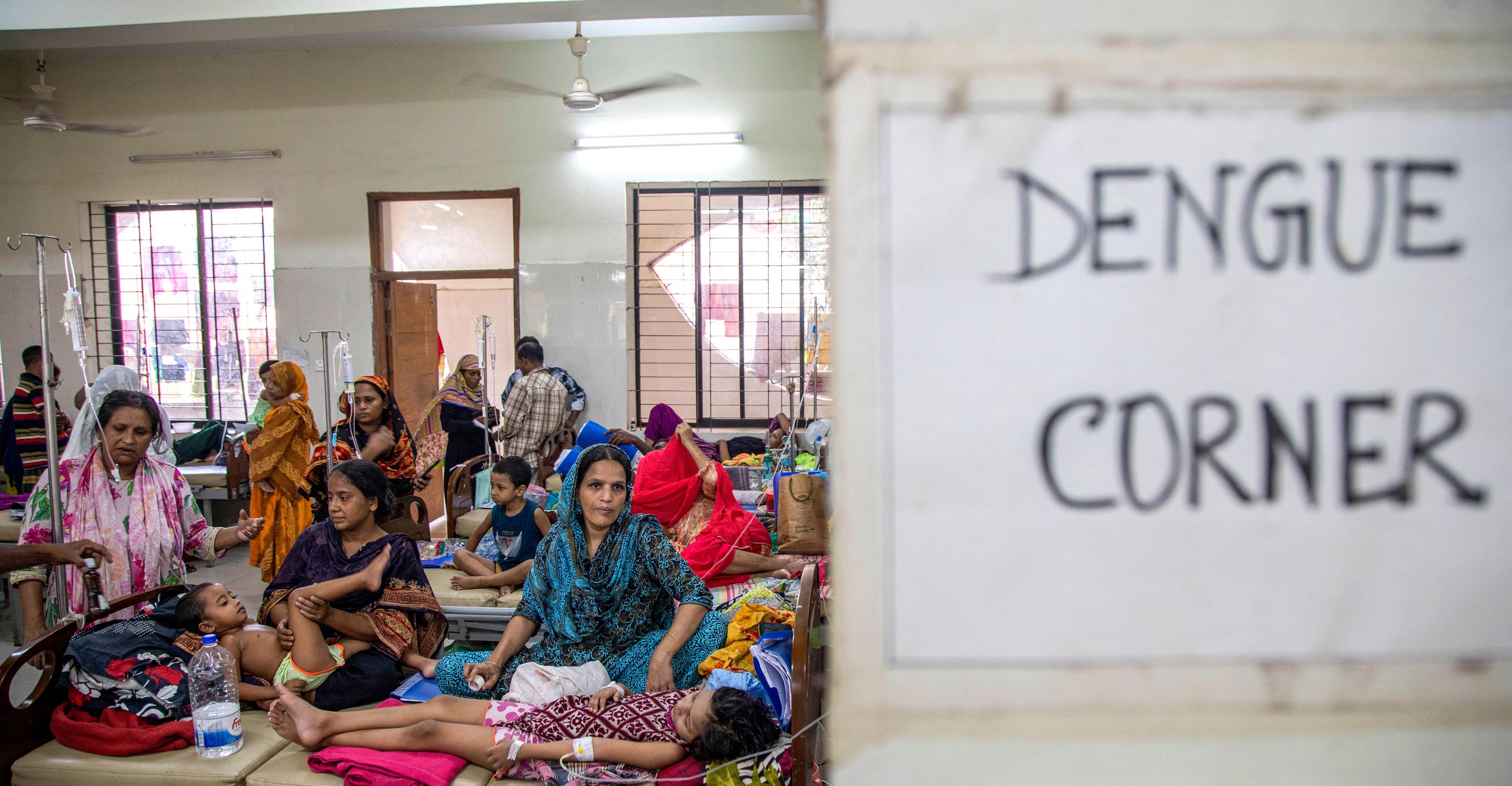
The biggest mosquito-borne disease in the world has a cure. There’s just one problem
- 12 hours ago
Bollywood studio Bhansali Productions to sell future film music to Saregama India
- 20 minutes ago
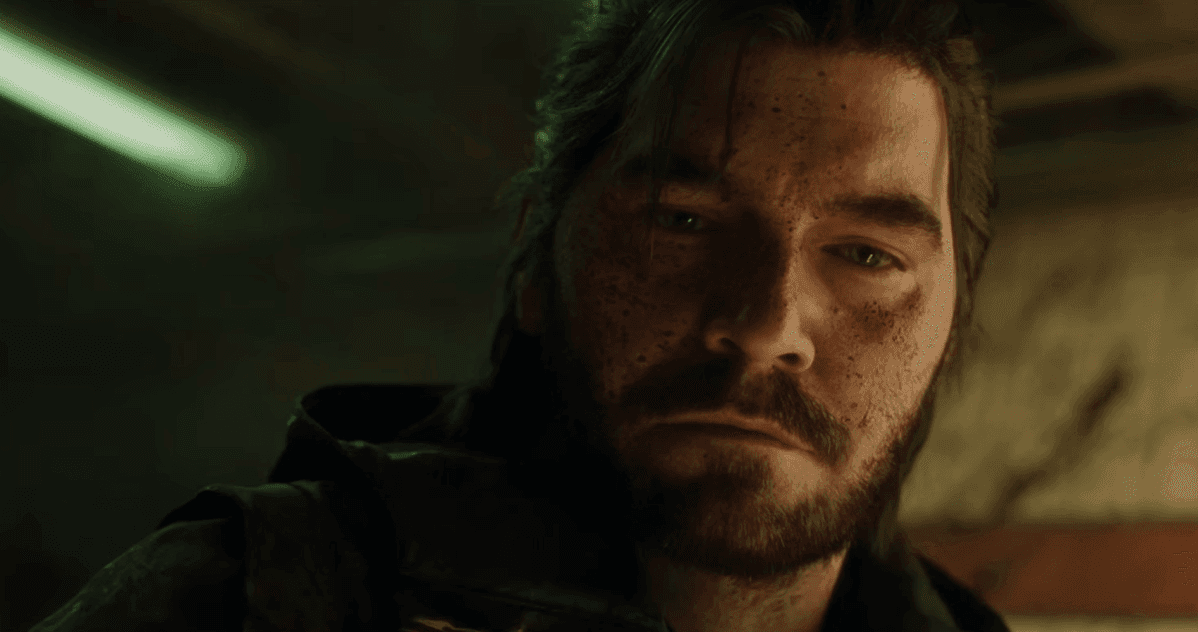
Control’s action-RPG sequel launches in 2026
- 14 hours ago
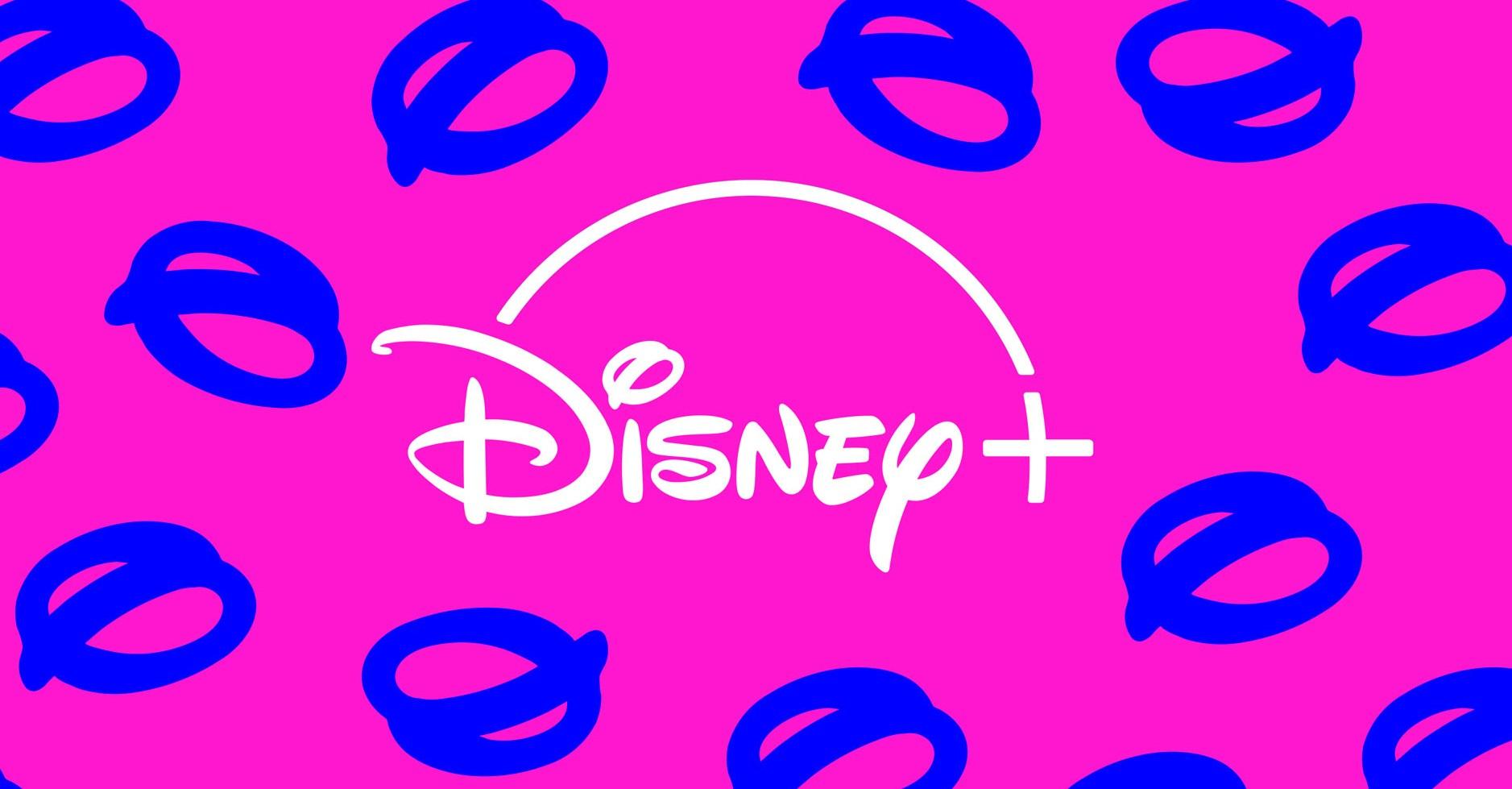
Disney wants to drag you into the slop
- 14 hours ago
You May Like
Trending


